Somalia is the easternmost country in Africa. It lies on the Indian Ocean and also provides access to the Gulf of Aden. The history of what is now Somalia is important to the story of humanity. It contains some of the earliest cave paintings of cattle as well as the ruins of an advanced civilization that traded with Greece and Egypt. The Ancient Egyptians knew the region as the Kingdom of Punt. Traders would come to the region from as far as India to sell their precious cinnamon and other prized spices. Because of the region’s popularity with Arab traders, Somalis were early converts to Islam within Africa.
While Somalia had dealt with alternating periods of war and peace with their neighbor Ethiopia, the 19th century saw a rise in European interest in colonizing the Horn of Africa. Throughout the century, France, Britain, and Italy would take control of various portions of modern Somalia while also aligning themselves with various Somali clans within their respective colonies. It wasn't until 1960 that British Somaliland and Italian Somalia became the Republic of Somalia. French Somaliland would not become the independent Republic of Djibouti until 1977. Much of the 1970s involved conflicts involving Russia, Cuba, the United States, and Ethiopia over the Ogaden Region. The 1980s was a time of conflict between various Somali groups seeking power leading to a US intervention and UN peacekeeping mission in 1993. Violence escalated and peace talks fell apart through attempts to continue over the following decade.
The civil war in Somalia grew and led to massive displacement of the population, with many fleeing to UN refugee camps in Ethiopia and Kenya and eventually many relocated to the U.S. Intensifying floods and droughts have also increased civil unrest and caused more than 700,000 Somalis to seek refuge in neighboring countries and over 150,000 currently living in the U.S. While most Somali-Americans came to settle in Minnesota, the Somali community in Colorado has seen its own growth since the early 1990s.
Some of the first Somali voices heard within the state were young refugees like Saed and Liban Muhamed. Their family fled Mogadishu in 1990 and, after spending time in a Kenyan refugee camp, they arrived in Lakewood where they attended Glennon Heights Elementary School in Lakewood. The family chose the Denver area because an adult sibling had already settled in the area. The children’s mother was asked about the nature of the family’s ordeal over the previous three years and said, simply,
“I’m intelligent enough to know that Somalia has no future for my children.” - Rocky Mountain News November 24, 1993
As soon as Somali refugees began arriving in Colorado, groups like the Ecumenical Refugee and Immigration Services began helping resettle new arrivals as soon as they began to come through the airport. Over time, these new arrivals would come to help fellow refugees as they continued to move into the area. Mohamed Awaleh, like many others, had fled Somalia in 1993. Within two years, he was working as a parking lot attendant, studying English, and was helping to run the Somali Community Center. In the mid-2000s, a group of 300 Bantus (one of Somalia's minority ethnic groups) were resettled in Denver. Many were farming families and they began working at a community garden in Aurora. They eventually formed the nonprofit Bantu Farming Council of Colorado. Many worked other jobs as well, but they achieved success selling their vegetables to outlets like Whole Foods and sought to purchase more land for farming. As Rukia Chiukalal said,
“My life is in the farm because we have a community of Somali Bantu here. If I have a job, I will do it, but I want to farm first.” - Denver Post July 27, 2007
This cultural tie to agriculture explains why the majority of Somalis gravitated towards towns like Fort Morgan and Greeley rather than Denver. Just like their Latino counterparts from rural parts of Latin America, many first-generation Somalis were working in meatpacking in these small Colorado towns. One Somali immigrant, interviewed by Al Jazeera America, Abdinasser Ahmed, said that the agricultural towns on the plains like Fort Morgan reminded him of small towns in Somalia. Like other new immigrants, they also faced discrimination by their new corporate employers who fought against letting these predominantly Muslim workers pray during Ramadan or change the hour of dinner so they could break their Ramadan fast at sunset. Largely, however, these newcomers have found their way in these new communities, while also preserving something of their roots amongst fellow Somalis. By 2008, the first African restaurant and Islamic Center had been established in Greeley.
In 2014, the United Nations looked at how the Somali community had adjusted to life in Fort Morgan. They found that the East African community, numbering 1,000, felt that they had relevance in community affairs and wanted to give back to their adopted hometown. One refugee who took part in the study said,
“If I could live anywhere, I would live here in Colorado.” - Denver Post January 31, 2016
Greg Wagers, a former superintendent, said the schools had trouble learning how to integrate the large influx of Vietnamese refugees in the 1980s, but had learned lessons that helped serve the growing Somali community.
Omar Nur, an American since 1993, spent years in Denver working with fellow Somalis to adjust to American life. As director of the Somali Community Center of Colorado, it was Nur’s job to help new immigrants adjust to the basic cultural changes being experienced as well as provide help learning English and preparation for citizenship. One of Nur’s English tutors for his Somali students was former Colorado First Lady, Dottie Lamm. Since its inception in 1999, the Somali Center has served over 10,000 families.
One such person who benefitted from engagement with community organizations was Arbay Ali. Because of the war in Somalia, she was born into a refugee camp in Kenya. Ali was part of the Somali Bantu community and lived in the camp until age 10. She didn't speak a word of English prior to starting fourth grade and was raised only to be a caretaker to her younger siblings. Thanks to a strong community support network, she excelled in school and earned grants and scholarships to attend CSU. She was able to pursue her passion for social work and even became part of the Semester at Sea program.
“There have been many social workers who have helped my family and me after arriving in the U.S. I have always been a natural helper and cared about other people. I realized that difficult conditions can often be successfully resolved with support.” - Semesteratsea.org September 15, 2016
From Islamophobic attacks following 9/11 to the Trump-era Muslim Ban, Somali Americans have dealt with personal adversity as well as political hurdles along their journey. Like so many other groups, they have adapted and overcome – nurturing their own ethnic community and enriching the broader cultural character of Colorado.
For more information:

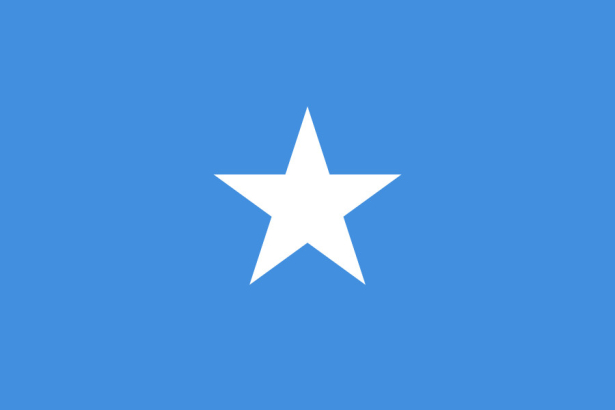
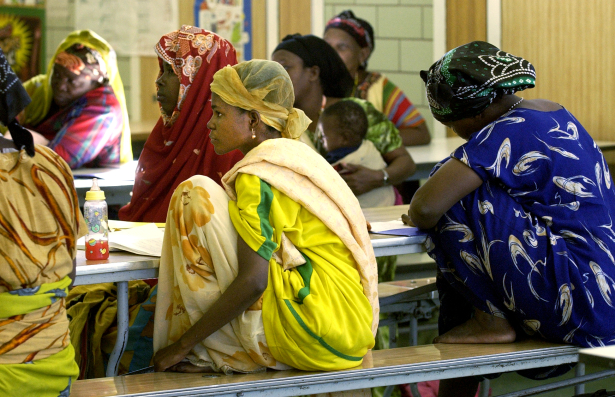
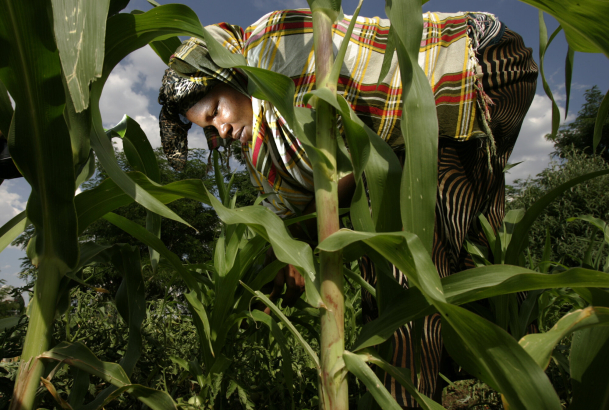
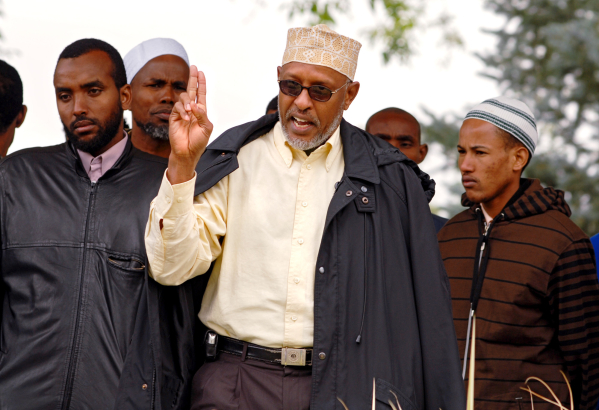
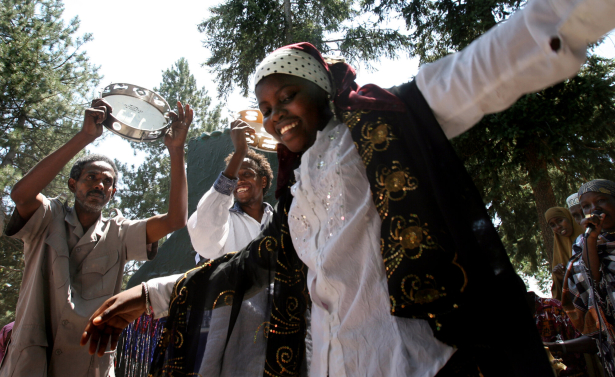
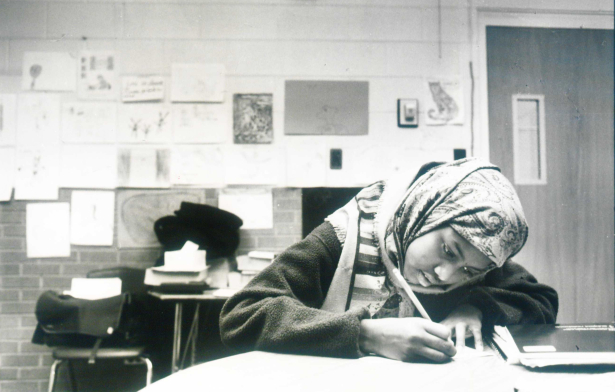
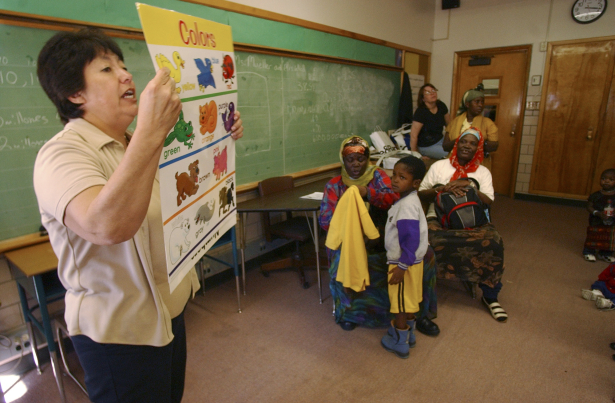
Comments
Colorado is overflowing with…
Colorado is overflowing with actual US citizens. Who thought it was a good idea to import, pay for, and subsidize their existance here? If this had been voted upon, it would never have passes, but the most shameful aspect is that some US and CO politicions profited from this, and that's what makes this treasonous. I can't imagine anyone voting to bring somalians to Colorado en masse unless it financially benefitted them (politicians). I'm taking names & trying to figure out who, and how, this was allowed to happen.
Aside from the 74,000 Native…
Aside from the 74,000 Native Americans residing in Colorado, the rest of us are all immigrants. Many are now US citizens whom we welcome as our friends and neighbors regardless or race, creed, or color. Together we make Colorado a wonderful place to live.
>Aside from the 74,000…
>Aside from the 74,000 Native Americans residing in Colorado, the rest of us are all immigrants.
I was born in this country, as were my parents. Pretending we're "immigrants" is ridiculous. These folks from Africa were brought here intentionally to destabilize our country, not to improve it.
I remember hearing this same…
I remember hearing this same argument growing up Latino in the deep South in the 1970s and 80s.
These people don’t…
These people don’t assimilate to the American culture. Minneapolis Minnesota is a fine example. I as a tax payer do not want to pay for people that take advantage of the American people, and send money back to their so called country. Many of them need to be deported. Why do we have to pay for people that hate our country and our culture. The Democrats need voters to stay in power, and we all know that the politicians are getting a kick back. I’m just tired of the politicians in Colorado.
I realize many people seek…
I realize many people seek to otherize our immigrant brethren, but our city, state, and nation are made stronger by people coming from around the world and contributing to our communities in ways both big and small. As a first generation American, I can also tell you that most of us lose much of our native language and culture within 2 generations.
Add new comment